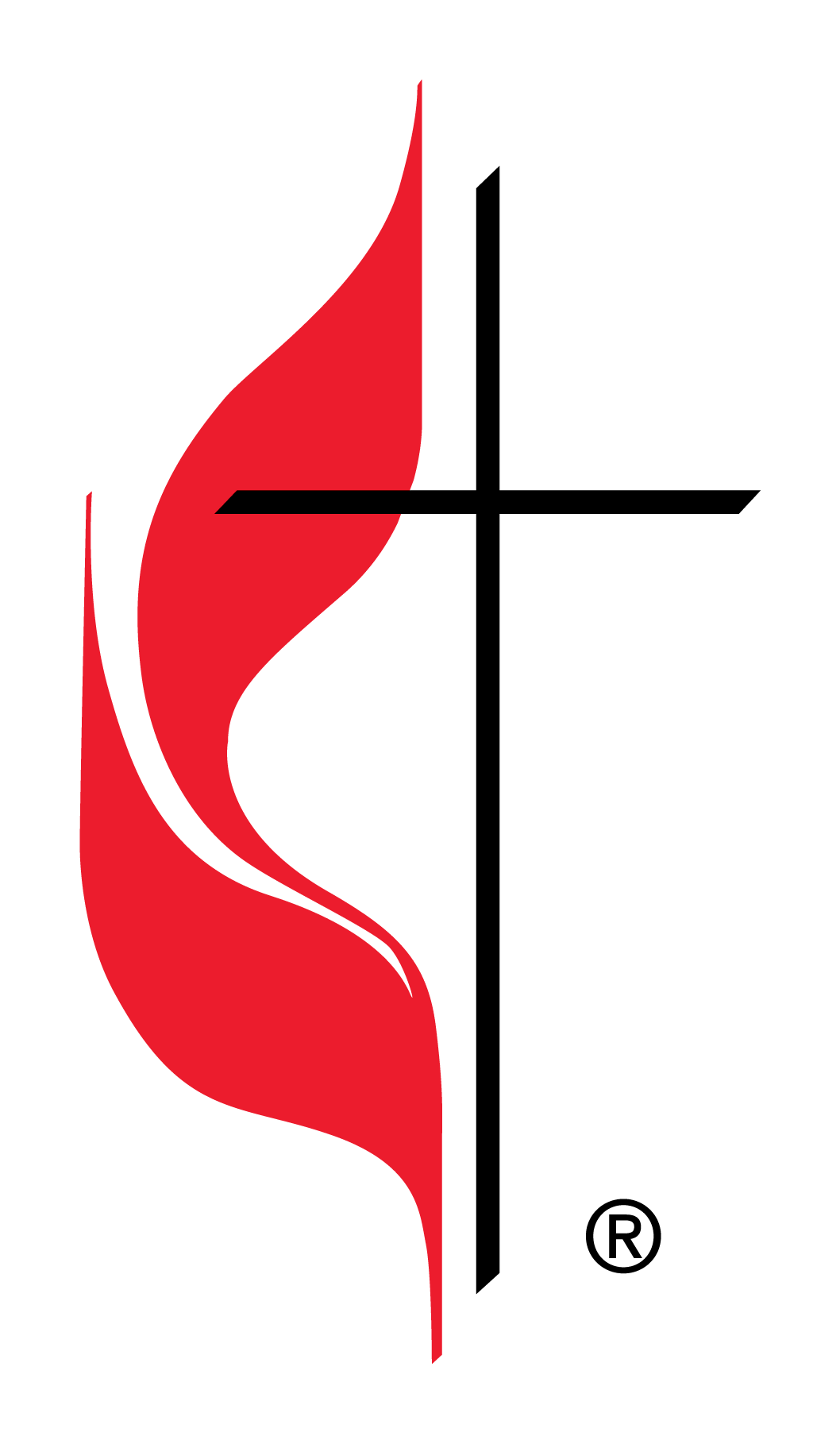HUMC History
Hickory United Methodist Church began as Hickory Ground Methodist Episcopal Church in 1790. The original chapel built in 1792, burned in 1853. The second chapel, which included a balcony, was dismantled and used for firewood by Union troops during the Civil War. The third chapel was destroyed by fire. In 1869, Hickory Ground Methodist Episcopal Church had 24 members.
In 1871, a tabernacle was built as a temporary worship place until a new church building was erected. A white frame church was completed in 1906. Stately oaks were planted in 1908 and dogwoods were planted by the W.P.A. in the early 1930’s.
In 1948, classrooms, a fellowship hall, kitchen and furnace were added. A brick veneer was added to the exterior in 1952. In 1954, Hickory became a station church with one pastor. Prior to 1954, Hickory shared a pastor with seven other churches and later with three other churches.
The sanctuary was completely remodeled with new pews, carpet and air conditioning in 1963. In 1968, the Methodist Church and the Evangelical United Brethren Church merged and we became Hickory United Methodist Church. In 1984, an air conditioning system was added to the Sunday school. In 1985, an 8:30 a.m. worship service was added. In 1986, the first “Good Neighbor Festival” was held.
In 1988, a lighted sign was added to replace a smaller brick sign erected in 1970. A church steeple was erected in 1990. In 1993, a new fellowship hall, kitchen and restrooms were built. The old fellowship hall and kitchen were converted to classrooms. In 1998, a 9:50 a.m. contemporary worship service began as well as Wednesday night dinners and activities. In March of 2000 the new social hall burned and was replaced in 2001 with a new multipurpose building. This building was larger and had room for future growth. In 2014 an elevator was added.
God has been worshiped on Hickory Ground throughout these years. As we begin our 227th year of ministry, we welcome all that enter Hickory’s doors. Hickory Church is not just a building, it is its people.
-E. T. White, Church Historian




